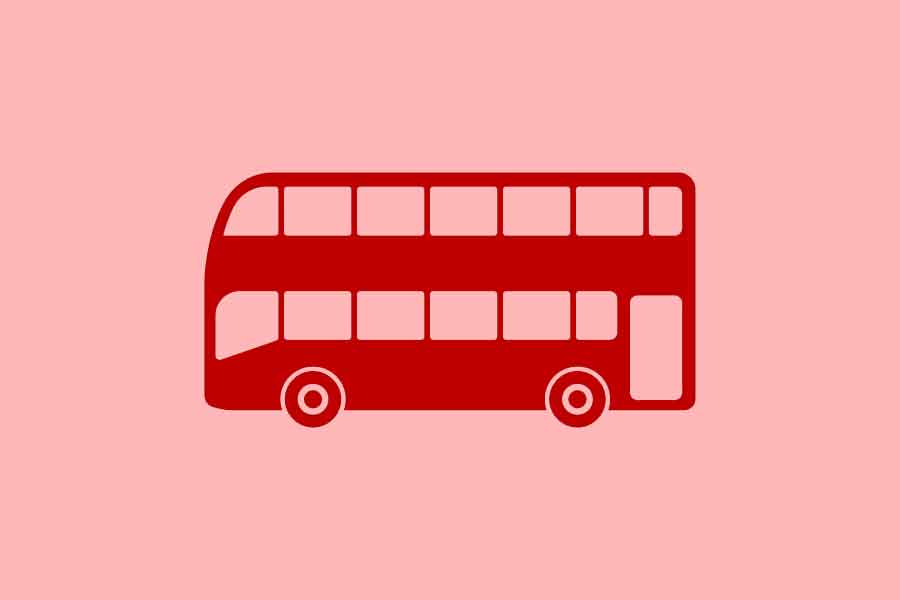
Published :
Updated :

The rollout of electric buses under the Bangladesh Clean Air Project (BCAP) is set to be delayed indefinitely, as the required project approvals could not be obtained during the interim government's tenure.
Officials said that although the World Bank (WB) approved US$290 million for the project in June, none of the implementing agencies has made progress in finalising their development project proposals (DPPs).
The World Bank-funded programme aims to introduce 400 electric buses to replace diesel-powered ones and to build associated charging depots. It also includes measures for better vehicle-emission control and a strengthened monitoring system.
The Dhaka Transport Coordination Authority (DTCA) is the lead agency for the initiative, with the Department of Environment (DoE) and the Bangladesh Road Transport Authority (BRTA) responsible for separate components, including improved air-quality monitoring and a vehicle-testing centre.
According to officials, all DPPs were submitted to the relevant ministries months ago, but the files took an unusually long time to move to the Planning Commission. The proposals were forwarded only recently, raising doubts about approval prospects, as very few ECNEC meetings are expected before the upcoming election. Per the original timeline, the DPPs were scheduled to be placed before the project evaluation committee last February. Sources said DTCA's DPP was submitted to the Road Transport and Highways Division in February but has faced unexplained delays since then. The DoE's proposal, too, has been pending with the Planning Commission.
DTCA officials said procurement of the electric buses is planned to begin in 2027 and be completed by 2030. They fear, however, that approval may face additional delays once a new political government takes office, given past challenges and political influence in the transport sector.
According to the World Bank, air pollution in Bangladesh caused more than 159,000 premature deaths and 2.5 billion days of illness in 2019, with health costs equivalent to 8.3 per cent of GDP. Dhaka remains one of the world's most polluted cities, with annual PM2.5 levels exceeding WHO guidelines by 18 times.
BCAP also aims to introduce 400 zero-emission buses under a unified "single operator per franchise" model to improve service quality. However, DTCA's broader plan for bus-route franchising has already stalled due to non-approval of its revised DPP.
smunima@yahoo.com


 For all latest news, follow The Financial Express Google News channel.
For all latest news, follow The Financial Express Google News channel.